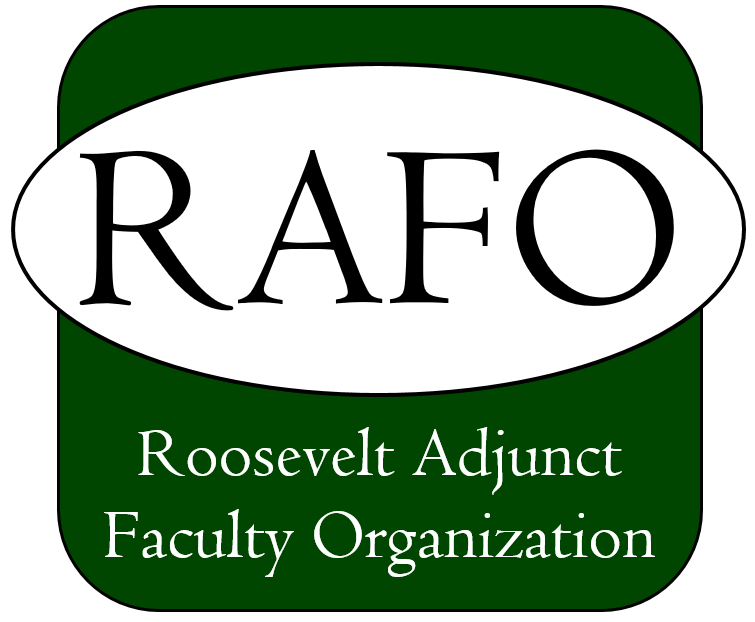Sam Rowe, English Department. 
This past November, a Professional Development Mini-Grant from RAFO allowed me to give a paper at the Historical Poetics Now symposium in Austin, Texas. The symposium is a biennial meeting of literary scholars working on 18th- and 19th-century anglophone poetry. Participants share a desire to place the study of poetry in deep historical context, understanding poetic genres, verse forms, and ways of talking about poetry as evolving and changing meaning in response to their circumstances. The field was born out of a frustration with idealizing ways of talking about poetry and poetic address, and a drive to study the meaning that poetry actually makes in its particular social contexts. Scholars presented work on topics like indigenous poetry of the American Midwest, nineteenth-century Bengali epic, the feminist history of the sonnet sequence, and data-oriented approaches to the analysis of verse culture.
My own paper was on a strange, forgotten figure of British romantic literature: the ultra-radical political agitator, publisher, and poet Thomas Spence. Spence was part of the fiery culture of millenarian political radicalism that emerged among artisans and working people in 1790s London. His political views were among the most extreme articulated during his lifetime: he demanded universal suffrage (including women), universal education and healthcare, and collectivization of all land. To disseminate his utopian schemes, Spence made frequent use of poetry—both his own and that of more respectable writers. Spence’s best poem, “The Rights of Man,” for example, lays out his program of radical agrarian reform in crisp ballad verse:
The rents throughout that happy state Each parish deals so fair, That old and young, that dwell therein, Do get an Equal Share.
The women, yes, and Children too, Alike share with the Men. For why? They of the species are, And as such owned again.
My discussion focused on a remarkable miscellany periodical that Spence published between 1793 and 1795, Pig’s Meat. Pig’s Meat ran a hodge-podge of agitational materials, from Spence’s scrappy tracts to highbrow political philosophy and from respected 18th-century poets like Thomas Gray and Oliver Goldsmith to anti-monarchical tavern songs. The idea behind the periodical was that newly literate working people could both be educated and radicalized by reading Spence’s extracts. The title itself—which means not “pork” but “food for pigs”—speaks to this ambition. The Whig-turned-reactionary parliamentarian Edmund Burke, in his famous denunciation of the French Revolution, derided the common people as a “swinish multitude.” Spence puckishly accepted this image of working people as farm animals, and proceeded to provide them with provender in the form of improving reading. The gesture is both populist and educational, inviting readers both to have a laugh at Burke’s expense and to immerse themselves in the world of radical thought.
I’m tempted to think of Spence as the romantic-era version of an adjunct: economically insecure and on the margins of the intellectual and literary community, he nevertheless devoted his life to bridging educational gaps between working people and professionals. If he taught at Roosevelt, or at any institution relying on contingent teaching labor, there’s no question that he would be a ferocious labor militant. I think my research has been drawn to Spence and figures like him in part due to my work in Roosevelt’s English Composition program. My background is in academic literary studies, a field given to perennial fretting over its relevance to the broader culture. Working with Roosevelt’s diverse, lively student body has helped me understand that literacy matters, and that fundamental mission of college English instructors to contribute to broader, deeper mass literacy. Spence, connected both to the intellectual debates and the working-class culture of his period, instinctively understood the connection between mass literacy and the democratization process. I hope he sheds some light on the importance of the work that my colleagues at Roosevelt do.
Sam Rowe has taught in the English Composition program in the College of Arts and sciences since Fall 2018. He completed a PhD in English at the University of Chicago, and has also taught and tutored literature, writing, and the humanities at the University of Chicago and in the City Colleges system. His scholarship on 18th-century and romantic literature appears in a number of journals, and he has also written about contemporary poetry for Chicago Review and Full Stop.

